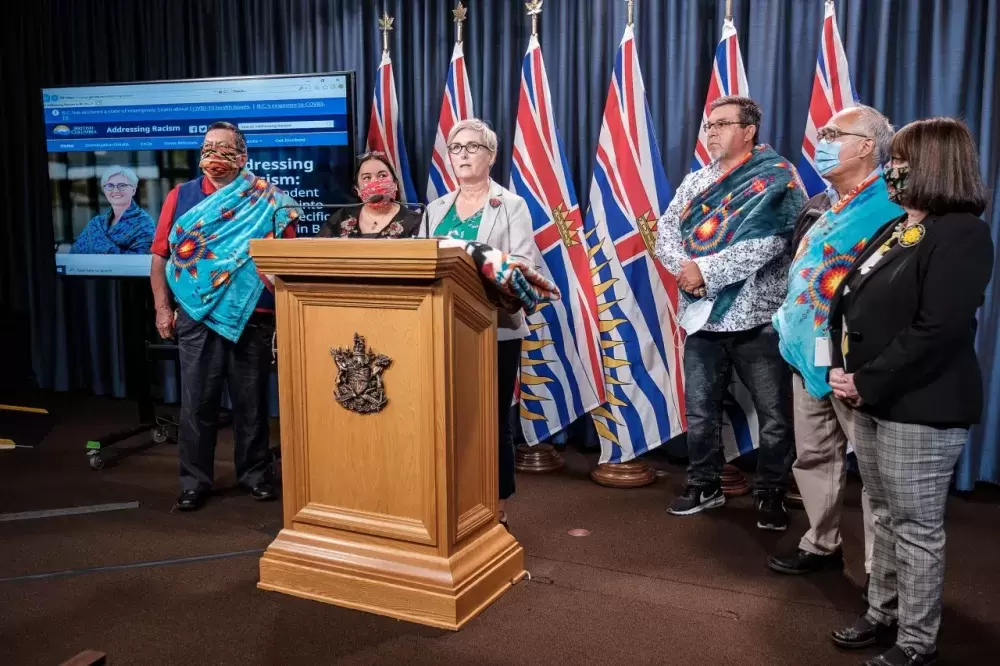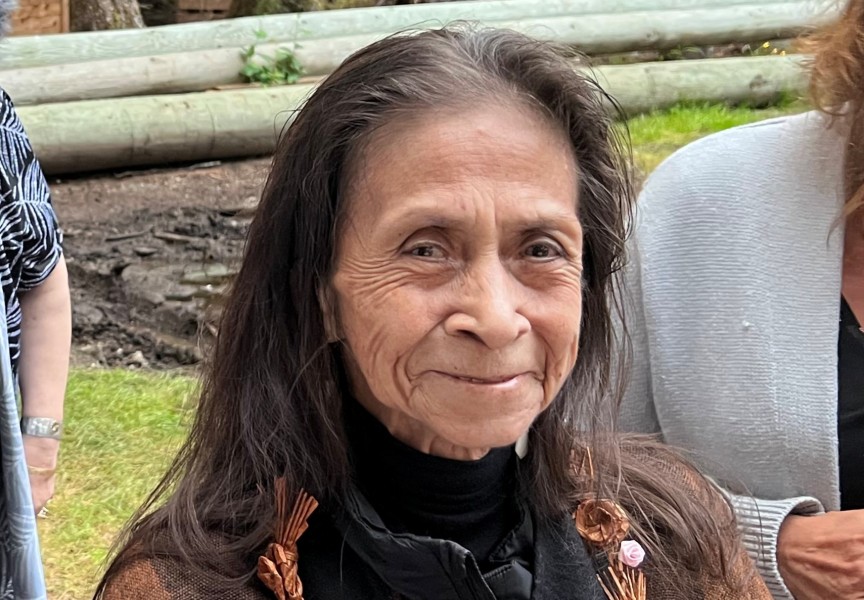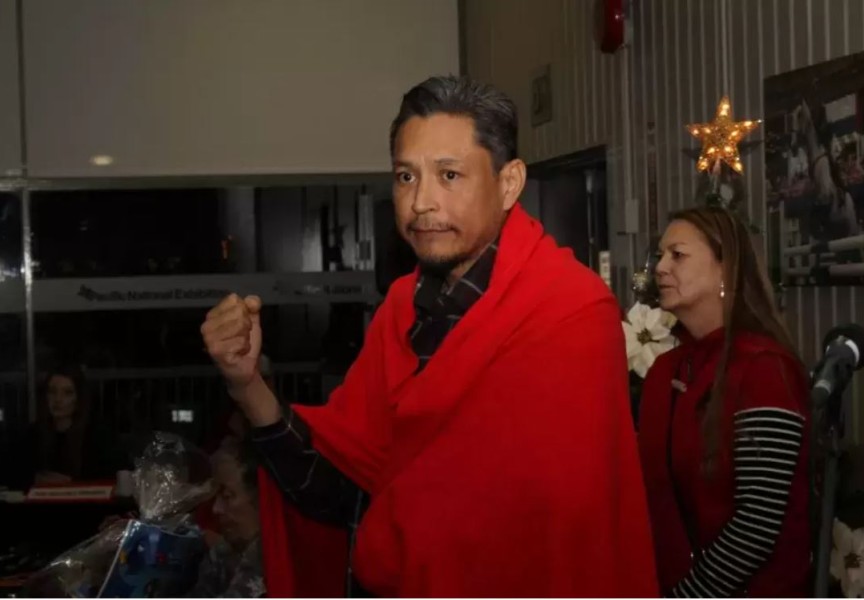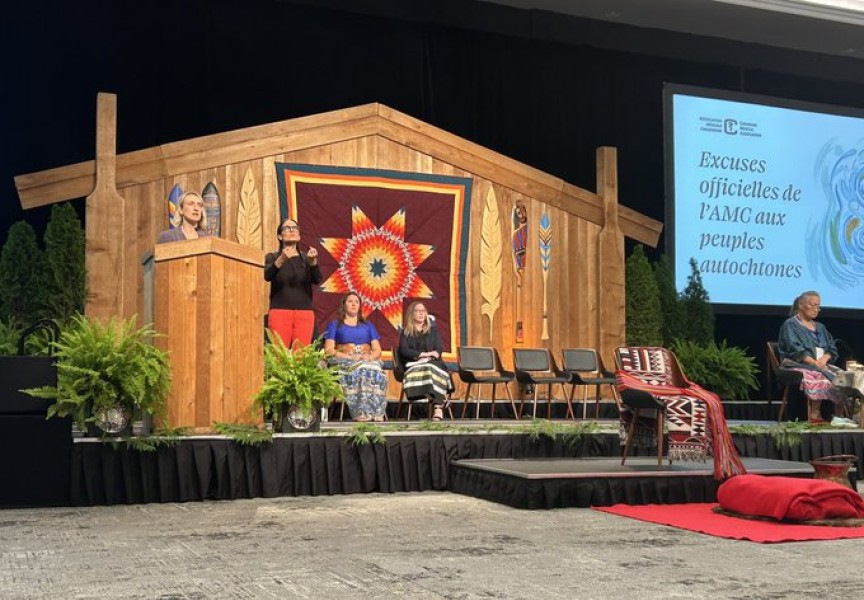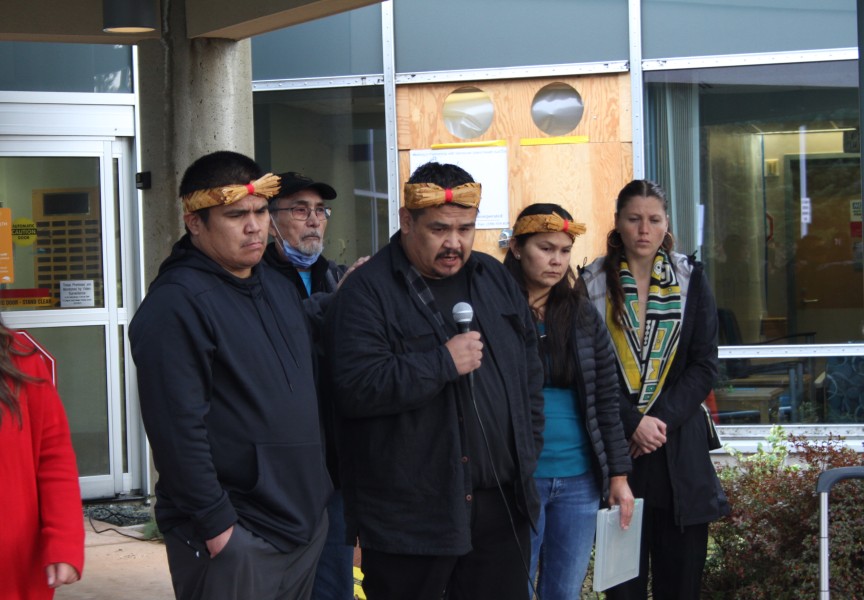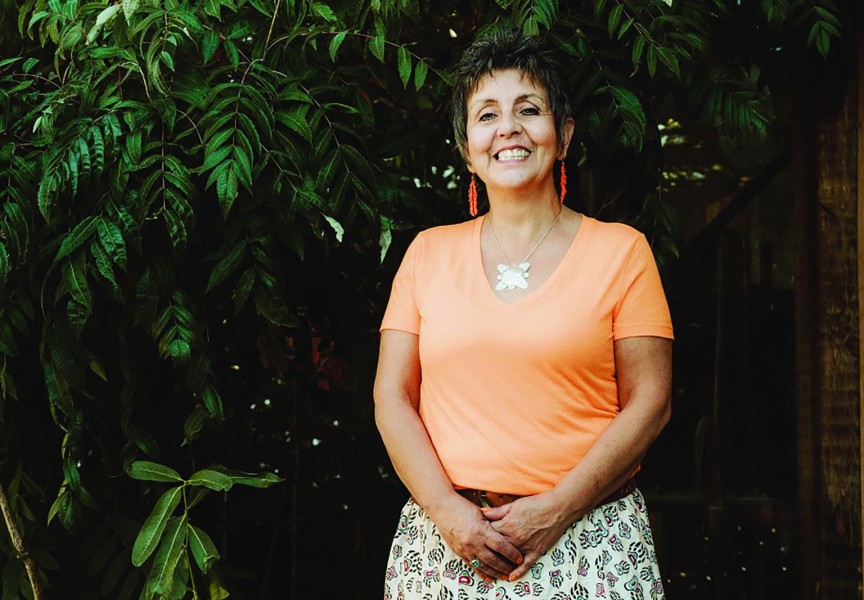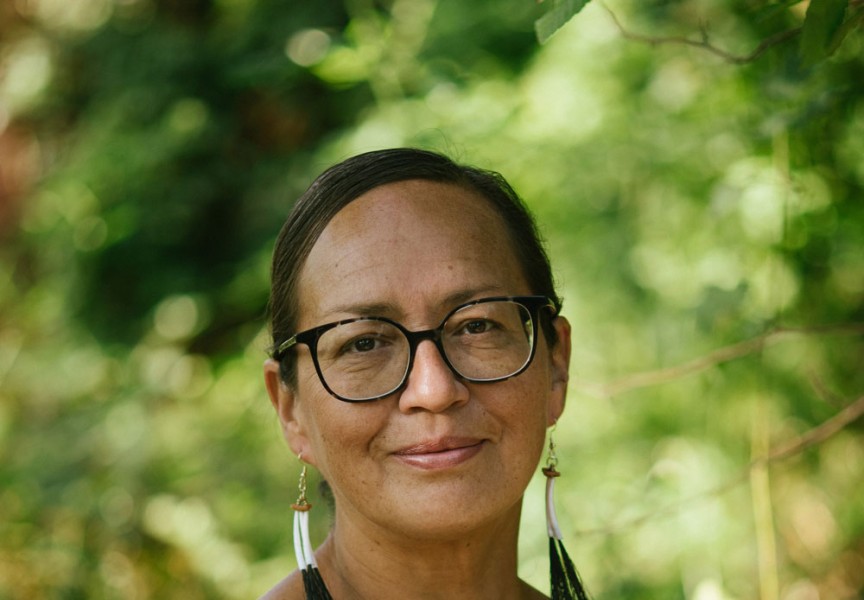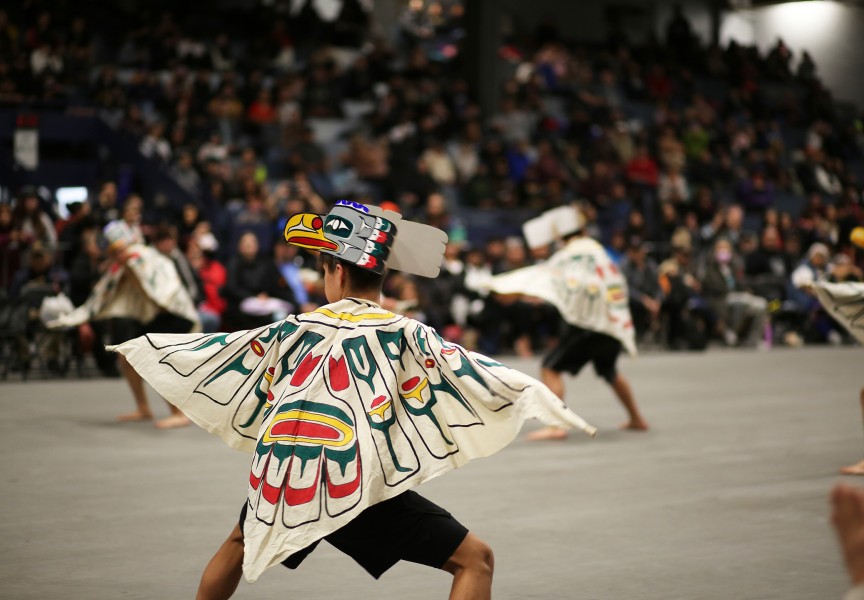An independent review into the discrimination of Indigenous people in B.C.’s health-care system has found “widespread” and “insidious” problems touching all points of care.
The report, In Plain Sight: Addressing Indigenous-specific Racism and Discrimination in B.C. Health Care, was prompted by allegations about an organized “Price is Right” game involving guessing the blood alcohol contents of Aboriginal patients in B.C. emergency rooms.
On June 19, Health Minister Adrian Dix appointed former judge Mary Ellen Turpel-Lafond to investigate the allegations and recommend actions.
While Turpel-Lafond found no evidence of an organized game, she did find anecdotal signs of multiple activities that resembled the allegations, she said.
"Indigenous people and health-care workers have spoken clearly - racism is an ugly and undeniable problem in B.C. health care that must be urgently addressed," Turpel-Lafond said in a release. "This report provides a blueprint for fundamental changes to beliefs, behaviours and systems that are necessary in order for us to root out racism and discrimination and ensure that the basic human rights of Indigenous people to respect, dignity and equitable health care are upheld."
Collecting the voices of nearly 9,000 Indigenous patients, family members, third-party witnesses and health care workers, the review found that “pervasive, interpersonal systemic racism” adversely affects not only patient and family experiences, but also long-term health outcomes for Indigenous peoples in B.C.
“I am afraid to go to any hospital,” said one Indigenous respondent in the review. “When I do have to, I dress up like I’m going to church.”
More than two-thirds of Indigenous respondents reported having experienced discrimination based on their ancestry and more than one-third of non-Indigenous respondents reported witnessing interpersonal racism or discrimination against Indigenous patients, their family or friends.
Among the top negative assumptions that are circulating in B.C.’s health care system is the idea that Indigenous patients are less worthy, that they’re alcoholics, that they’re drug seeking and that they are incapable of adhering to treatment and medical advice, Turpel-Lafond said during a telephone press conference.
The review has made 24 recommendations, including the need for having a greater degree of accountability within the system.
“At this point, I’m not confident that we have a systemic approach to tackling racism against Indigenous people in B.C.,” said Turpel-Lafond. “I can say though, that it’s important that the government of British Columbia – minister Dix – sets a tone for how we respond to this at the point of care.”
Around one year ago, the B.C. Declaration on the Rights of Indigenous Peoples Act was passed. Turpel-Lafond said that shifts are starting to be made within the health care system, which she can see through this report.
“There is a greater degree of openness and willingness to shift at the point of care in all the various partners in the health care system, but it is right to make those changes,” she said.
The independent reviewer said she is calling on minister Dix to consider creating the role of a new B.C. Indigenous health officer – “a B.C. Indigenous health representative and advocate that can ensure the complaints and concerns of Indigenous people are processed through the quality review process and are heard.”
As an immediate step, Dix said that five new Indigenous health liaison positions are being added in each health authority within the province.
He extended an “unequivocal” apology to those who have experienced racism while accessing health care services in B.C. “now, and in the past.”
The health minster said that the report gives the provincial health care system the opportunity to accelerate a “comprehensive approach to address long-standing challenges of racism and the legacy of colonialism rooted in principles of human rights.”
“We all need to recognize and re-commit to eradicating racism from our health system,” said Dix, “to ensure that our beliefs and behaviours are anti-racist and based in cultural humility.”

